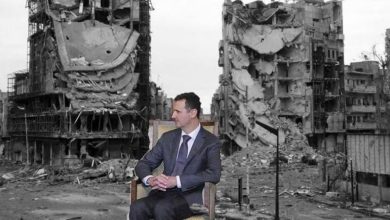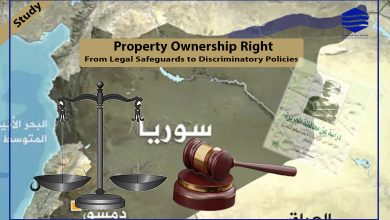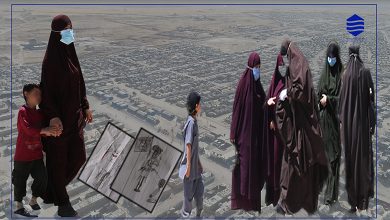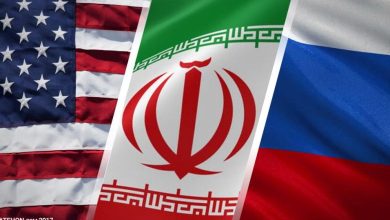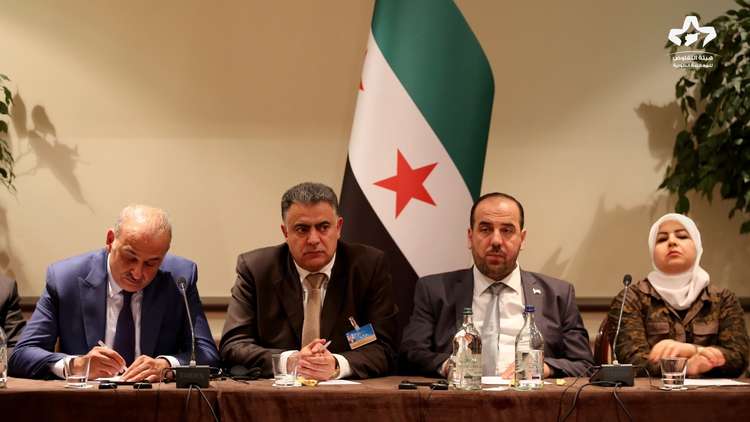
The Syrian Opposition: Between the Illusion of Representation Abroad and the Lack of Achievement at Home
Introduction
Since the beginning of the Syrian crisis, the Syrian opposition emerged calling for the overthrow of the regime. However, it lacked any clear vision for crisis management or bringing about meaningful change. Over time, doubts arose about the objectives of this opposition, which seemed ambiguous. This ambiguity was accompanied by other problems, such as choosing to operate outside Syria and isolating itself from military factions. Gradually, it faced another problem related to its legitimacy and its role as a reliable alternative to the Syrian regime. This led local factions and councils inside Syria, which had control over areas both in terms of security and civil administration, to establish separate financing channels apart from the sidelined external opposition. This reduced the political influence of the latter, rendering it less visible and disconnected from the fighting groups inside Syria. It had no choice but to retreat and compromise on its initial goals, such as regime change and the transition of power, in favor of entering into negotiations that did not satisfy them.
In this study, we will shed light on the role of the Syrian opposition as a leadership since the beginning of the crisis until now. We will explore its founding background, as since its establishment as a representative of the Syrian street, the losses have continued to accumulate for the Syrian people. This opposition has not been able to strengthen its relationships with its supporters inside Syria, and its composition has become an incoherent mixture of formations, groups, traditional opposition figures, and followers. All of them now operate according to the agendas of those who support them, and its members have become ambassadors for these backers.
The study is divided into two main axes. The first addresses several points related to the political and administrative failure of this opposition, while the second part deals with the violations committed by these opposition groups, through their military factions on the ground, against various segments of the Syrian population.
